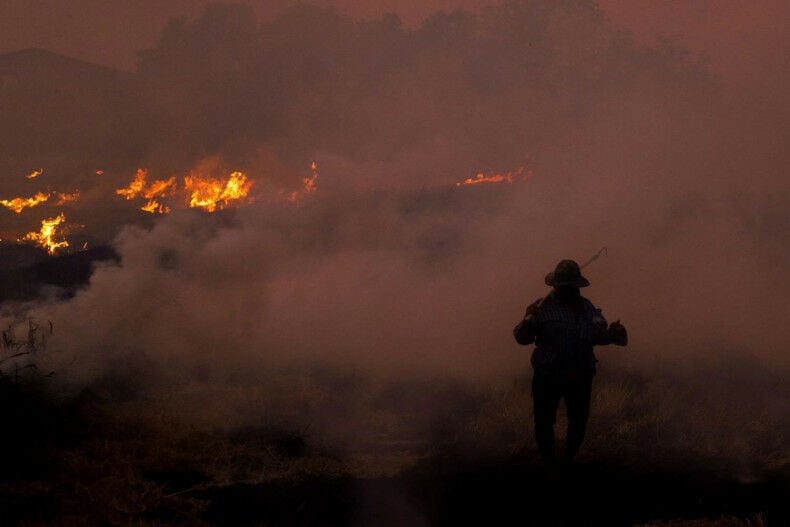Thailand vows stronger action against transboundary haze pollution

Thailand has pledged to intensify efforts against transboundary haze pollution in collaboration with regional partners, according to Environment Minister Phatcharavat Wongsuwan.
Phatcharavat announced yesterday, July 3, at an ASEAN sub-regional ministerial committee meeting on haze pollution in Bangkok. Representatives from Brunei, Indonesia, Malaysia, Singapore, and Thailand attended the meeting, with Timor-Leste participating as an observer.
Expressing gratitude for the collaborative efforts, Phatcharavat highlighted the achievements within the ASEAN framework to monitor, observe, and prevent transboundary haze pollution. Key milestones include the creation of the Southeast Asia Fire Danger Rating System and the agreement to establish the ASEAN Coordinating Centre for Transboundary Haze Pollution Control.
In Thailand, the Department of National Parks, Wildlife and Plant Conservation (DNP), in conjunction with the Royal Forest Department, actively monitors fires on peatlands and agricultural zones in the south during the fire season from July to September. These efforts aim to mitigate the adverse effects on public health and the environment.
The two-day meeting concluded with a statement affirming continued cooperation to limit the impacts of transboundary haze pollution. Enhanced information sharing and the use of updated technology were cited as crucial factors contributing to improved outcomes.
The ASEAN Specialised Meteorological Centre (ASMC) forecasts above-normal rainfall over most of the southern ASEAN region in the upcoming months. Despite this, the risk of transboundary haze persists. Hotspots with smoke plumes or haze are likely to appear in fire-prone areas, especially during drier periods, reported Bangkok Post.
“We appreciate all the efforts made by members to address this pressing issue. By working together and leveraging technology, we can achieve better results in protecting our environment and public health.”
In related news, Bangkok, former home to a sprawling industrial estate, where Thailand’s state-owned tobacco monopoly churned out millions of cigarettes for over half a century, emerges from the smog. Benjakitti Park, an urban oasis, has rapidly become a beloved haven for Bangkok’s 11 million residents.
Latest Thailand News
Follow The Thaiger on Google News:


























